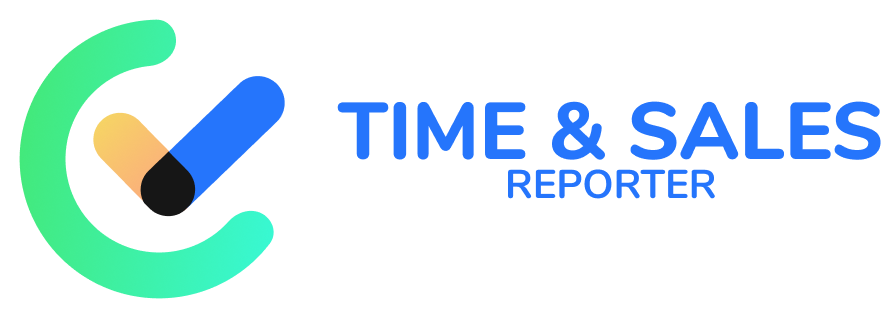In an interview by ABC News’ Jonathan Karl on March 9, White House National Economic Council Director Kevin Hassett said of President Trump’s tariffs on products imported from Canada and Mexico, “This is not a trade war, this is a drug war.” My first reaction was that Hassett might be experiencing circadian disruption caused by shifting the clock one hour ahead that morning. But then I recalled Director Hassett saying the same thing on CNBC one month ago.
To be fair to Hassett, Congress ceded authority to the president to raise or lower tariffs if he declared a national emergency or determined certain imports to be a threat to national security. Last month, President Trump issued a statement declaring the illicit fentanyl black market to be a national emergency. So, it is understandable why an administration spokesperson would resort to the drug war excuse.
But as a distinguished economist, Hassett must know that taxing goods with Canadian or Mexican inputs won’t curb drug trafficking—it will only burden American consumers. And the trade war it ignites will punish consumers in all three countries. Hassett must also realize that the drug war is unwinnable; prohibiting substances that Americans demand only fuels a thriving black market, breeding corruption and violence.
It’s not as if the government hasn’t been trying to win its war on (some) drugs. It has been trying for more than 100 years. As I write in Chapter 6 of my forthcoming book, Your Body, Your Health Care:
…Drug prohibition has happened in two discernible waves: Drug War I and Drug War II.
Drug War I occurred after Congress enacted the Harrison Narcotics Act in 1914, which permitted doctors to prescribe opioids to treat their patients. A wave of arrests and prosecutions of thousands of doctors ensued as agents of the US Treasury Department, empowered to enforce the act, took it upon themselves to define legitimate medical practice.
Drug War II began in the 1970s with government-funded education/indoctrination campaigns that caused both doctors and patients to fear opioids for their addictive and overdose potential. Later, as the scientific literature led medical specialty organizations and government health officials to overcome this apprehension and take the treatment of pain more seriously, opioid prescribing increased considerably.
By 2006, federal regulatory agencies perceived what they called an “opioid crisis” and mistakenly attributed it to doctors “overprescribing” opioids and generating a growing population of opioid addicts. This formed the basis for an even more massive intrusion of federal and state power into the privacy of medical records, patient-doctor confidentiality, and how doctors are allowed to use scientific and professional knowledge to practice medicine. Medical decisionmaking came increasingly under the purview of law enforcement, sparking a new wave of arrests and prosecutions. Despite government and law enforcement efforts, the overdose death rate from using illicit substances continues to climb, and the drugs responsible grow ever more potent.
As an economist, Hassett should not be surprised at the black market’s adaptability to changing circumstances. During the COVID-19 pandemic, supply chain issues and border closures made it more costly to ship opium and process it into heroin. In response, drug trafficking organizations replaced heroin with fentanyl, which is easier to produce and more profitable. It also drove up the overdose death rate. Now that pandemic-related obstacles have disappeared, heroin is re-emerging to meet market demand.
Hassett must also be aware of the iron law of prohibition—a principle rooted in the Alchian-Allen Effect—which states: “The harder the enforcement, the harder the drugs.” This explains why, as the United States cracks down on fentanyl smuggling, new drugs and suppliers emerge, including nitazenes, a class of synthetic opioids that may be up to 10 times more potent than fentanyl.
In his interview with Jonathan Karl, Hassett accused Canada and Mexico of “shipping fentanyl across our borders.” Director Hassett couldn’t have meant that the governments of Canada and Mexico are organizing shipments of illicit fentanyl to dealers and consumers in the US. Like the US government, the governments of Canada and Mexico are trying to root out transnational drug trafficking organizations that have operations in multiple countries and partner with criminal organizations throughout the globe.
US policymakers have clung to the delusion that they can somehow prevent these drug trafficking organizations from cashing in on American consumers’ demand for their products. Over the years, the US government has encouraged and pressured its allies and trading partners into participating in this delusion, thus spreading corruption and violence within their borders.
There is a psychiatric term that describes a condition where a dominant individual with a psychotic delusion influences three or more people, causing them to adopt the same false beliefs: folie à plusieurs. Earlier editions of the American Psychiatric Association Diagnostic and Statistical Manual of Mental Disorders (DSM) listed it as “shared psychotic disorder.” The current edition (DSM‑V) includes it under “other specified schizophrenia spectrum and other psychotic disorders.” The International Classification of Diseases (ICD-10) lists it as an “induced delusional disorder.”
Though governments are not individuals, folie à plusieurs perfectly illustrates how the US government’s drug war spread its delusions to other nations. The US government abandoned its delusion about alcohol prohibition in 1933, legalizing and regulating alcohol. It should do the same for the drugs it still prohibits.
A distinguished economist like Kevin Hassett must know this and realize how lame the explanation for President Trump’s tariffs is. That made it all the more painful for me to watch the interview.
Check out my forthcoming book, Your Body, Your Health Care, and register for the April 10 book forum at the Cato Institute.


